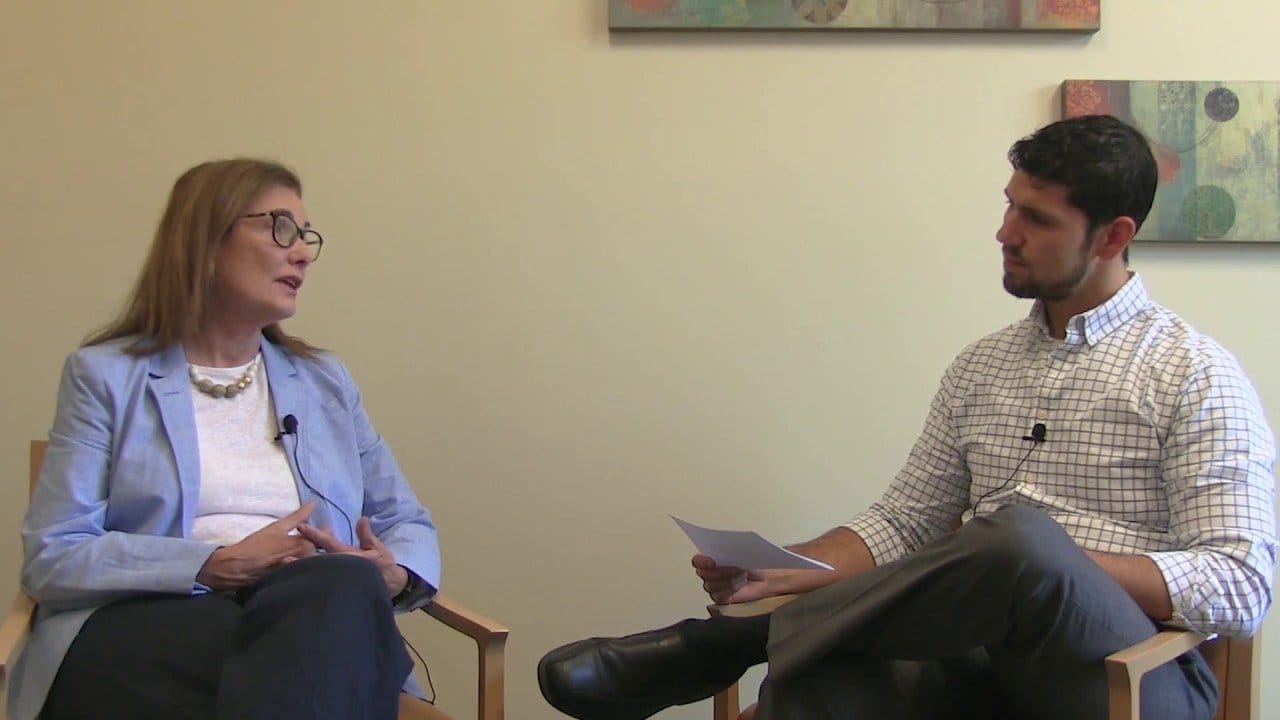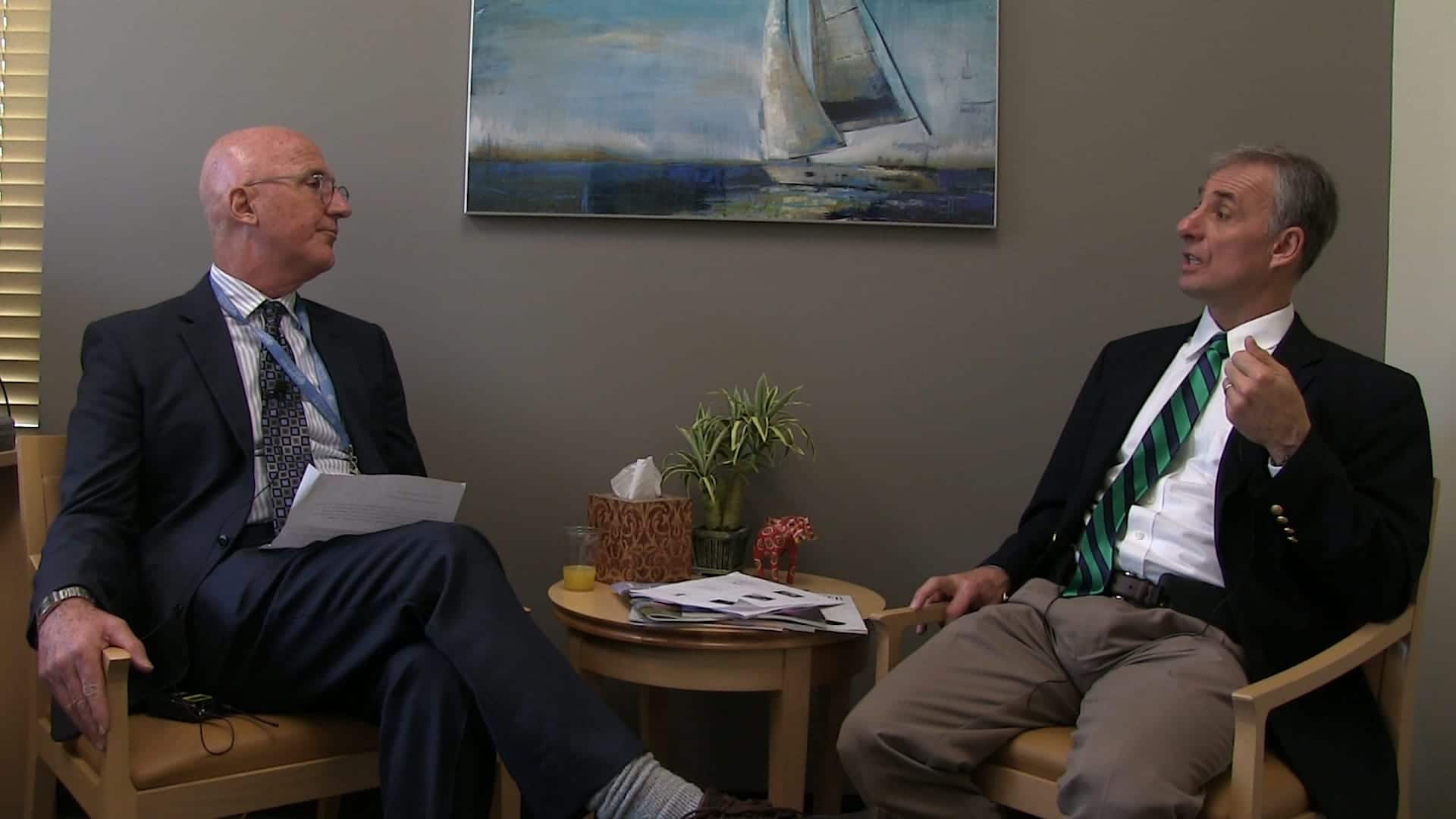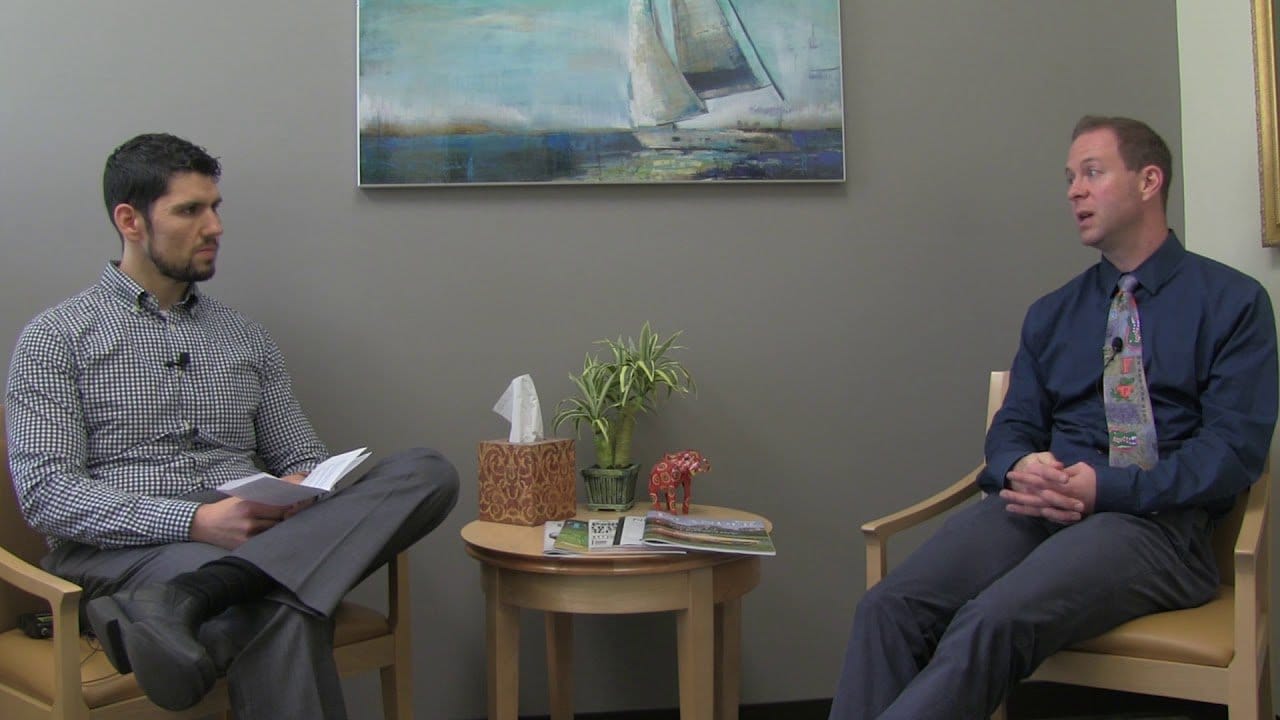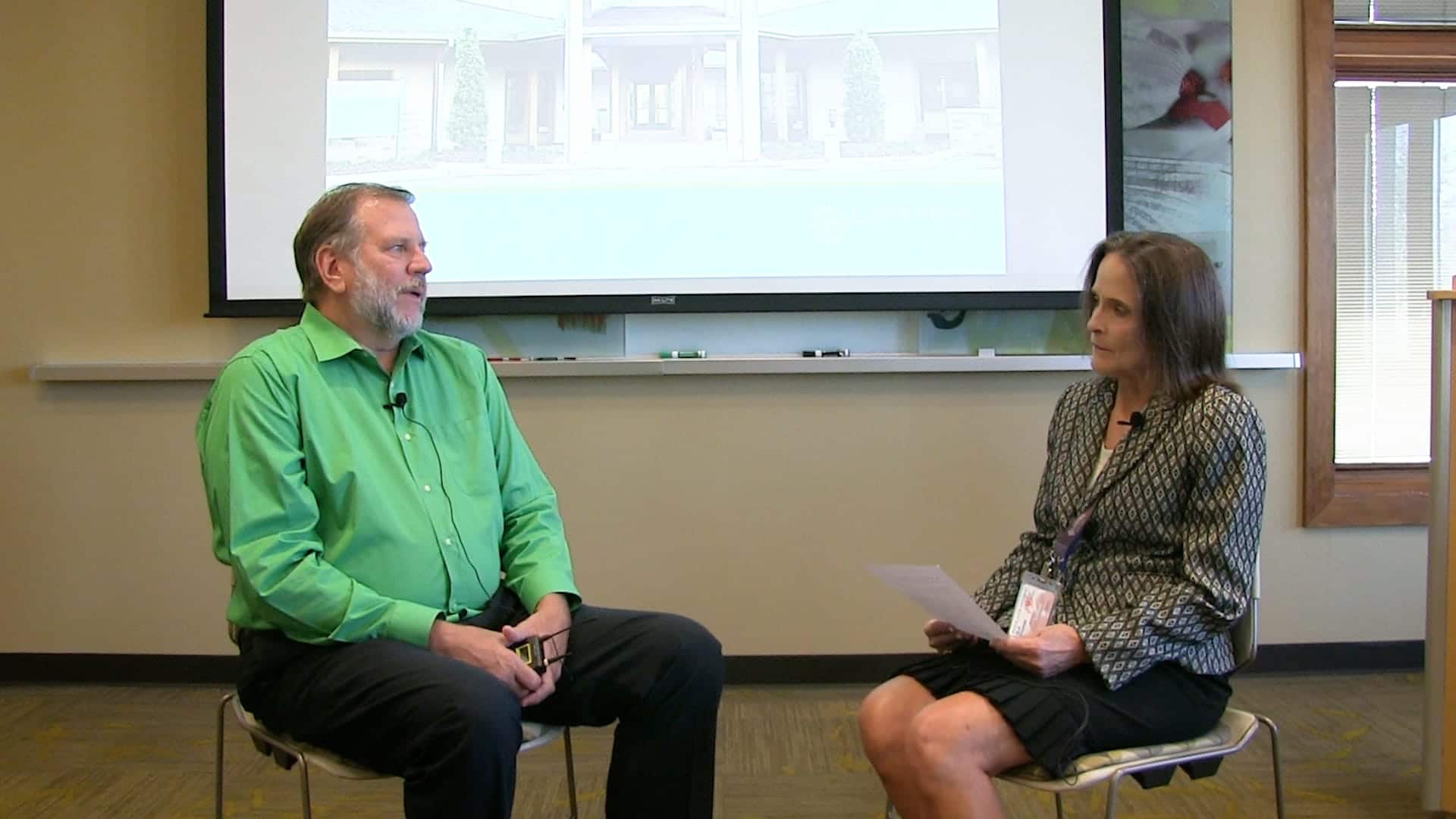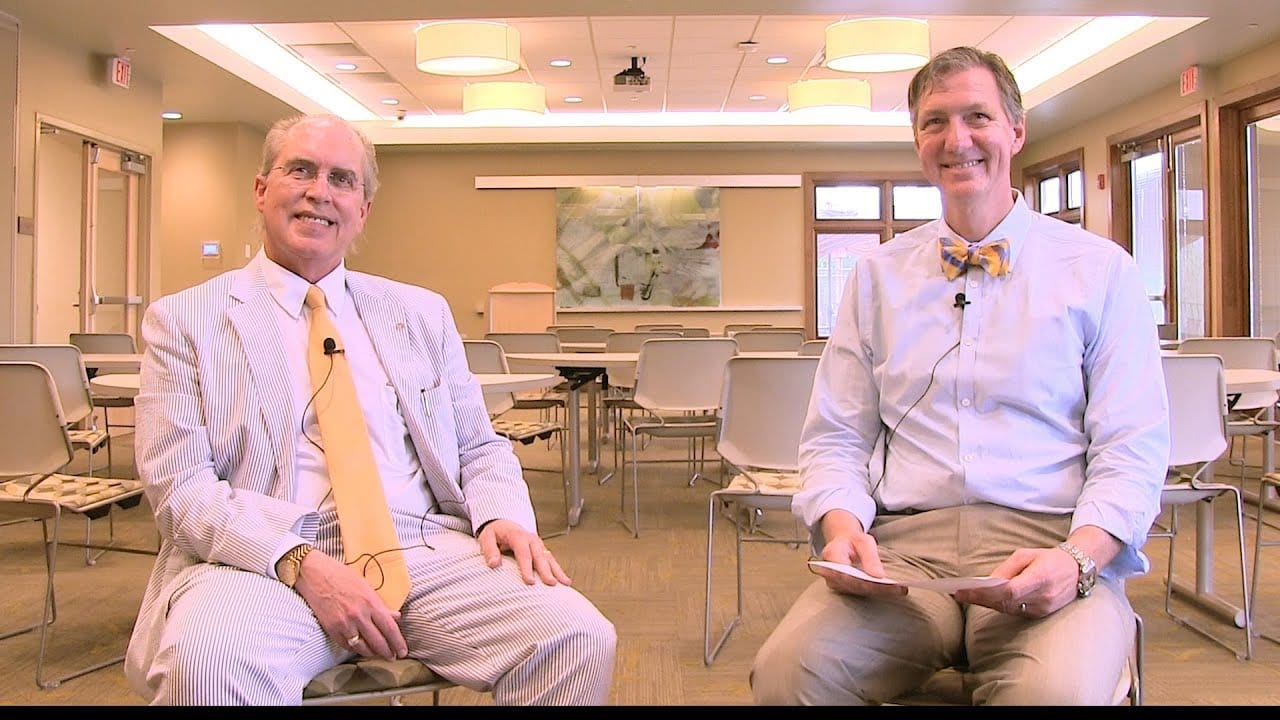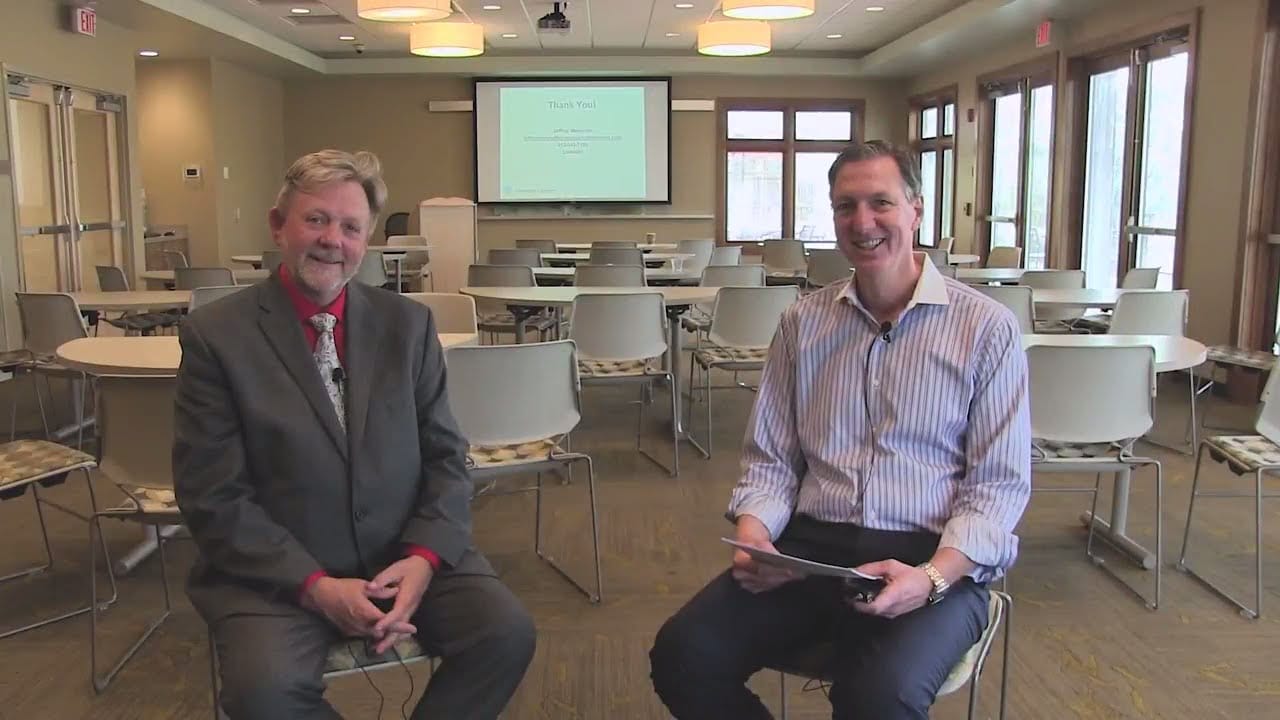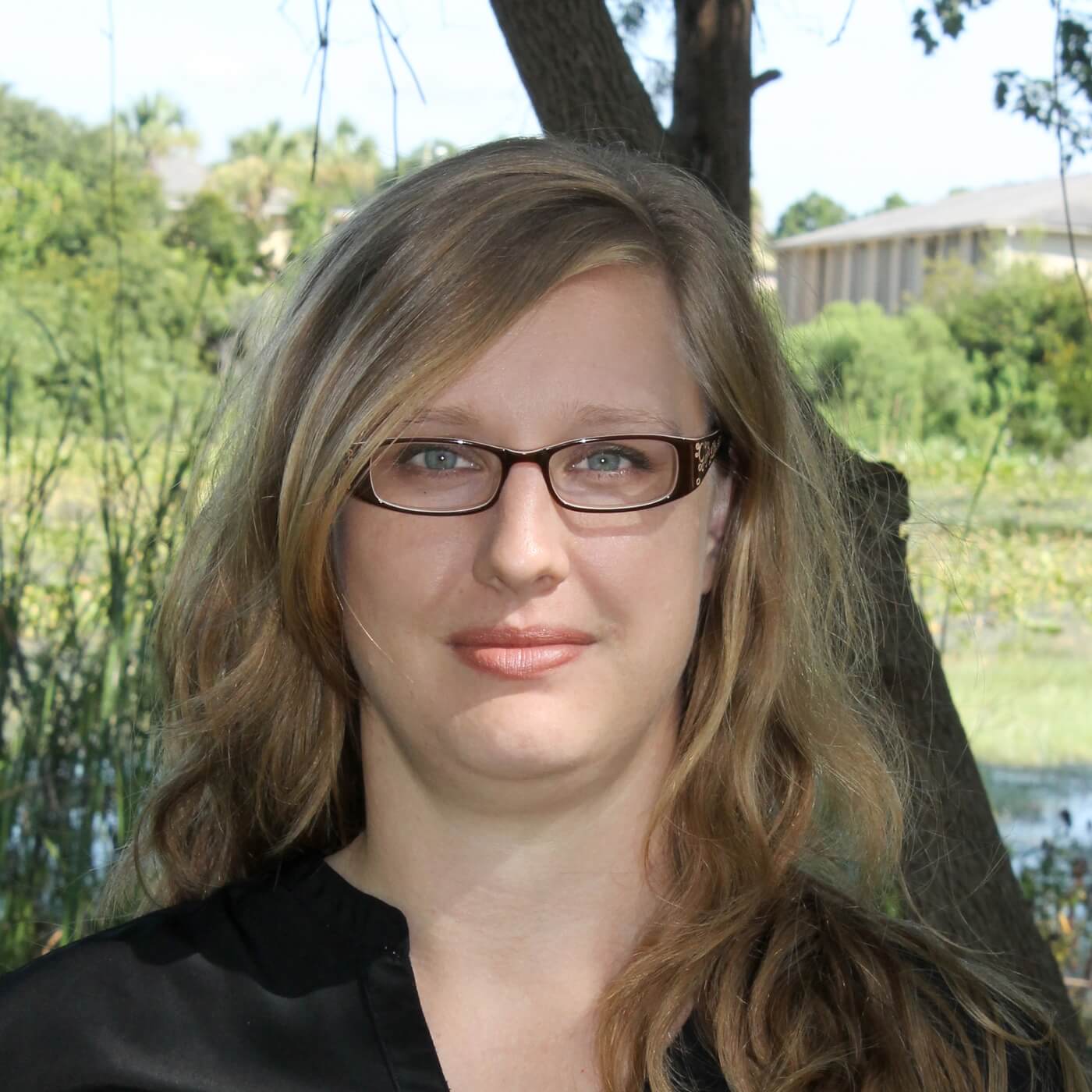

By: Lakeview Health
Lisa Antaloczy tells our podcast audience how recreation therapy helps in recovery. Everyday activities, games and just plain fun all provide opportunities for interacting, object lessons and avoiding that biggest trigger, boredom. Listen to her talk about seeing both the problems of addiction as well as the beauty of recovery.
Podcast Transcript
Gina Thorne: Hello, everyone, this is Gina Thorne and welcome back to the Lakeview podcast series. I’m joined today with Lisa Antaloczy, who is our certified therapeutic recreation specialist here at Lakeview Health. Welcome, Lisa. Lisa Antaloczy: Hi, Gina. How’s it going? Gina: Good, Well, we’re here today to talk a little bit about our recreation program and what kind of role it plays in working with our patients here at Lakeview Health. Before we get into the meat of that, could you tell us a little bit about your background and how you got into the field of addiction. Lisa: Certainly. I actually began in a little known field of wilderness therapy, where we as an organization took teens who were at risk, who were troubled, their families were concerned about them–we took them out into the woods and for 6 weeks they did some primitive living and we rotated in and out and we were there to keep them safe, and to teach them how to make fire and to teach them the skills they needed out in the wilderness. And the wonderful thing about that is the wilderness is such a fantastic teacher because the consequences are immediate and unforgiving. You don’t put up a shelter? You get wet. You don’t make a fire? You don’t eat. So people start to learn to take personal responsibility pretty darn quickly. So I started at that and I did that for a couple of years, but that is very hard on the body and the social life, so I looked for a degree that would be able to use my love of metaphor and the wilderness, because the wilderness is full of metaphor, and the beauty of the natural world, allows you to learn things that are everlasting truths. So I looked for a career and a degree that kind of emphasized that idea. Where I could teach truth and I could teach personal responsibility and fulfilling personal potential and use the idea of metaphor and not necessarily talk it straight through all the time. So, I found the line of work, then I found the degree, and then, for the most part I have worked with teenagers and there’s huge substance abuse problems within the teen population. So it was kind of a natural progression in my mind to go from this younger population to an entire group that was just substance abuse and chemical dependency. It was a natural progression because it is still using that metaphor, and some people need–I’m kind of like the backdoor therapist. I like the idea of taking concepts and ideas and games and things that we’re all familiar with and flipping it around and saying ‘OK, how does that relate to your life?’ and ‘how does that relate to your addiction?’ and ‘how does that relate to your recovery?’ So, that’s what I like to do. Gina: You’re the fun therapist, too, which is great. Tell me a little bit about your role is here as the recreation therapist. Lisa: OK. What I like to tell the patients when they come into my groups is ‘this is what you can expect: This is group therapy with an object lesson.’ I’ll ask them to do a variety of different things, different tasks. Sometimes it is creative expression, sometimes it is a game. But everything that I ask them to do has a lesson behind it. It has a purpose. For example, today we just did a group on values clarification. We had a whole list of values, and I asked the patients to take a look at them and see what looked good to them. Then I asked them to winnow it down: ‘Top 20. What do you think? Top 10. What do you think?’ And the reason we did all that is so that they can start recognizing the things that are closest to their heart. How they move them–how they actually act upon their values. And what happens when they don’t honor those values? The patients recognize these feelings. They recognize that when they don’t honor those values: Like, when I don’t honor my family, when I’m not there for my family, it creates shame and guilt; essentially it creates conflict. And so, being able to help them see in a different way, the problems of addiction, learning a little bit more about themselves as well as the beauty and potential of recovery. Gina: Uh huh, and obviously, what’s nice about that process is that it’s not threatening, because they’re doing it in a unique way, versus just doing it in a group process, talk therapy kind of way, which is typically what they would expect. Lisa: And that’s the thing–I am a person that needs to see things, do things, feel things, engage in things, and there are a lot of people like that, too. I have a hard time focusing if any conversation lasts longer than 25 minutes. They have a hard time doing that too. So if I can get them involved and interacting a bit more, and sometimes it’s a game, or laughing a bit, you know, and letting them understand that yes, laughter is fantastic in recovery and having fun is good, and there’s a lot to learn and there’s also a lot to look forward to out there. Not everything I do is hardcore on the recovery and addiction treatment ideas. I do a leisure Boggle game. Come up with a letter and list every healthy recreation leisure activity that you can with that letter. And at the end of it, the lesson of that one is, not only do we have fun and play a game and giggle and have some competition, but at the end of it, you came up with how many activities that you can do, with four different letters, that you can do in lieu of using, drinking or just plain old being bored? Because boredom is a huge trigger, a huge trigger. Gina: Well, and it’s obvious that sometimes we forget about what it’s like to have fun and to actually enjoy and relax when you’re in active use, people don’t remember that. So, you being a catalyst for that is really important. Can you give an example of how your work has contributed to patients’ recovery? Lisa: Just letting them know that, well, some of the outings that we do are to places that have triggered them in the past. We go bowling, which a lot of patients, in the past, when they have been bowling, they go and they drink and they bowl. We do some karaoke, which, a lot of patients, in the past, when they do karaoke, they go to the bar, they drink and they sing. But there’s a lot of fun to be had, even in these places where they thought they were having fun before. And sometimes even in these triggering situations, and also, as we go out and do these things, we’re not doing them alone. The support of a whole group of people that is trying to have the same lifestyle or have the same goals that you have, who can support you if something comes up, if something triggers you. I mean, we’re not taking them out to a bar and testing them or anything like, but we are taking them out into the real world because that is where they are going to have to live the rest of their lives. Gina: Giving them real life exposure and letting them practice their recovery skills. Lisa: Absolutely. Gina: So, do you think it’s difficult for people with addiction issues to have fun and if so, how can you work to help them learn how to tap into that part of themselves in early recovery? Lisa: I absolutely do. There’s a condition that I’ve kind of developed in my mind that is the appearance of dignity and unfortunately, far too often we have this image in our mind of what a put-together person is and sometimes, that’s the thing that’s keeping you back from having a grand time. We don’t know how to do everything the first time off. Sometimes we look like fools and that’s OK. There’s a reason why some of the things we did when we were kids were so much fun when we were kids. So, putting together a pickup kickball game, while it seems ridiculous and might look silly and foolish, is a lot of fun. It’s trying to help them break that idea of what you think is a functional adult into ‘are you fulfilling your potential? Are you having a good time?’ You’re not hurting anybody. Where’s the bad here? So, just trying to overcome that idea. Gina: That’s a good one. Lisa: Because dignity, when you really have dignity, it comes from within, it doesn’t have to be in appearance. You can look like an idiot, and you can look like a fool and still be a dignified person. Gina: That’s good. So, what do you think sets Lakeview Health apart from other treatment programs? Lisa: I think just the milieu of things that we offer. Like I said, I’m kind of a backdoor therapist, but we’re trying to reach all sorts of people. What works for one patient is not necessarily going to work for others. Somebody that enjoys my groups tremendously might not enjoy music therapy so much, and that’s OK. We’re not forcing them to like everything. That’s a human right. You don’t have to like everything, you can just enjoy life and you can like the things that you like. And whatever it is, we’ve got a lot of different things to offer but still have the same message and same idea going forward, then we can offer more to more people because we can find that window or that door that opens up their heart and helps them to accept a new way of living. Gina: That’s wonderful. Well, we are very fortunate to have you on staff here at Lakeview. Lisa: Thank you. Gina: I want to thank you for taking time to talk with us today. For those of you interested in learning more about Lakeview, we encourage to visit us online at lakeviewhealth.multiplica.dev or if you know somebody that’s struggling with substance use or mental health disorders and needs help right away, you can reach us at [Direct] . And again, thank you, Lisa, for your time today. Lisa: Thank you, Gina, I appreciate it.
